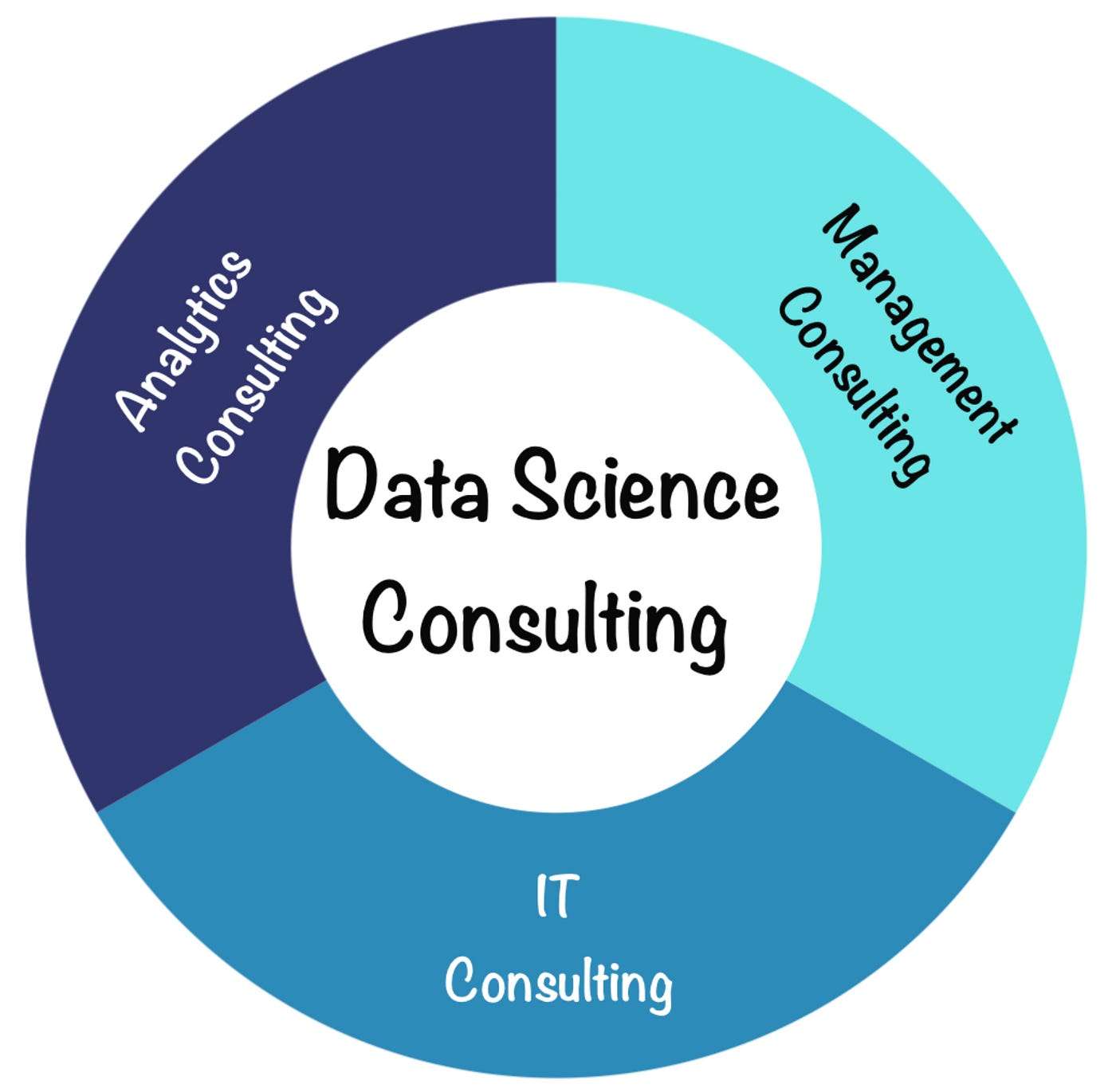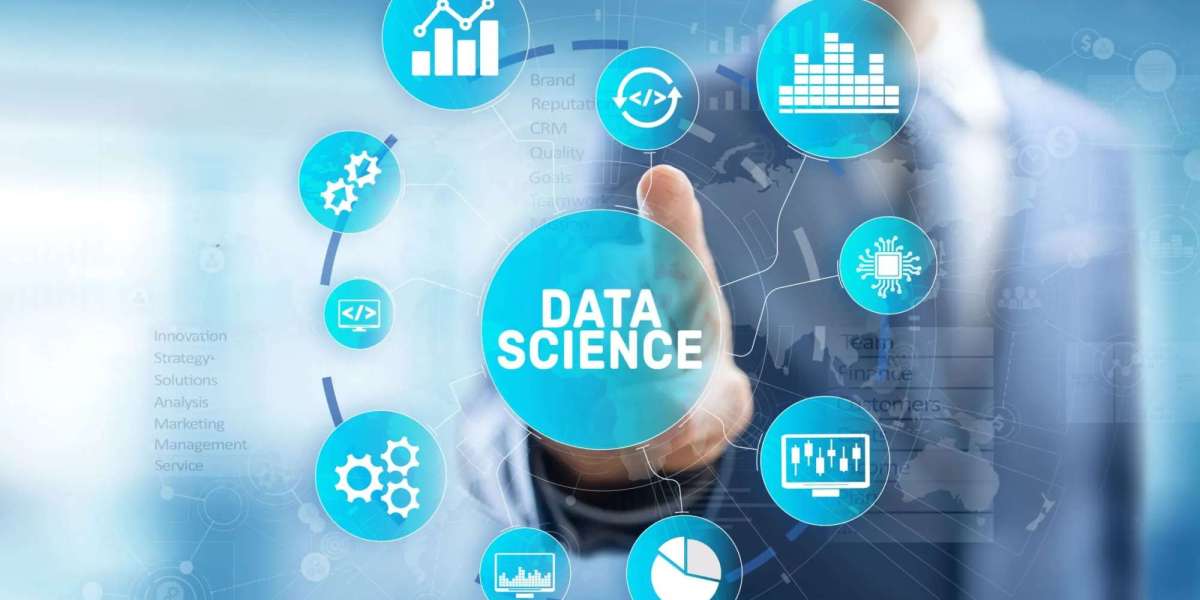In the world of data-driven decision-making, two terms often stand out: data science and data analytics. While both are essential for turning raw data into meaningful insights, they serve different purposes and are increasingly evolving to meet the needs of businesses in 2025.
As we dive deeper into the digital age, data is at the core of almost every business decision. From customer behavior prediction to operational efficiency, data is everywhere. But when it comes to data science consulting, the question remains: Which plays a better role—data science or data analytics? In this blog, we will explore the differences, similarities, and emerging trends of these two disciplines, and how they’re set to shape the business world in 2025.
Understanding the Core Differences: Data Science vs. Data Analytics
Before we get into which discipline plays a better role in 2025, let’s first understand the core differences between data science and data analytics.
Data Science: The Bigger Picture
Data science consulting is often seen as the more comprehensive field. It combines aspects of mathematics, statistics, computer science, and domain knowledge to build models that can predict future trends or make decisions based on large datasets. Data scientists often work with unstructured data, complex algorithms, and advanced machine learning models to extract insights that were previously unimaginable.
In 2025, data science will continue to play a critical role in helping businesses build AI-driven solutions, develop predictive models, and create automated systems that can analyze vast amounts of data in real time.
Data Analytics: The Focused Lens
On the other hand, data analytics focuses on examining existing data sets to uncover insights, patterns, and trends. While data science is more about developing predictive models and algorithms, data analytics is about analyzing historical data to answer specific business questions, such as “What happened?” or “Why did this happen?”
Data analysts work with structured data, perform statistical analyses, and create reports or dashboards that help businesses make decisions based on the data they already have. In 2025, data analytics will remain a critical part of business intelligence, helping companies streamline operations and optimize their strategies.
The Role of Data Science Consulting in 2025
Both data science and data analytics are critical for businesses looking to stay ahead of the curve, but how can data science consulting help businesses make the right choice? In 2025, data science consulting firms will continue to provide expertise that helps companies harness the power of both fields to achieve their goals.
Data Science Consulting: The Strategic Advantage
One of the primary roles of data science consulting is to guide businesses in implementing the most suitable strategies based on their data needs. Consultants assess which area—data science or data analytics—will provide the most value based on the business problem, industry, and long-term objectives.
For example, if a company is interested in forecasting future trends, predicting customer behavior, or building AI-powered solutions, data science consulting will focus on applying machine learning, deep learning, and big data technologies. On the other hand, if a company wants to optimize its existing operations, improve customer satisfaction, or refine marketing strategies, data analytics will play a more significant role.
Advanced AI and Machine Learning: The Power of Data Science in 2025
By 2025, data science will be deeply integrated with artificial intelligence (AI) and machine learning (ML). With the growing importance of automation, businesses will increasingly rely on AI-driven algorithms to analyze massive amounts of data in real-time, detect trends, and make decisions on the fly.
Data science consulting firms will play a key role in helping companies adopt these advanced technologies. Whether it’s building an AI-powered chatbot, creating an intelligent recommendation engine, or developing an automated system for supply chain optimization, data scientists will be at the forefront of these innovations.
Data Analytics: The Backbone of Decision-Making
While data science explores uncharted territory, data analytics remains the backbone of informed decision-making in most businesses. In 2025, businesses will need robust data analytics to continue deriving actionable insights from historical data. Data analysts will work alongside business teams to answer critical questions, such as:
- What are the factors that drive customer churn?
- How can we optimize our marketing campaigns to improve ROI?
- What product features are most important to our customers?
With the rise of tools like self-service analytics, which allow business users to analyze data without relying on IT, data analytics will empower teams across all industries to take advantage of real-time data and make data-driven decisions.
Which Plays a Better Role in 2025? Data Science or Data Analytics?
The answer depends on the needs of the business. Both data science and data analytics will play essential roles in driving business success, but the way they are applied will vary.
When Data Science Reigns Supreme:
- Predictive Capabilities: Businesses that need to predict future trends, anticipate customer behavior, or build intelligent automation systems will rely on Data Science Consulting Services. For example, data scientists will help financial institutions predict market movements, e-commerce businesses forecast product demand, and healthcare providers anticipate patient needs.
- Complex Models: Companies looking to build sophisticated machine learning models, deep learning algorithms, and AI-driven solutions will turn to data science. This includes applications in autonomous vehicles, personalized marketing, and smart manufacturing.
- Big Data Applications: As companies handle increasingly larger volumes of data, data science will be critical in processing and analyzing big data, offering insights that were previously impossible to gain. Data science consulting firms will help businesses integrate these massive datasets into their operations, enabling them to unlock the potential hidden within their data.
When Data Analytics Leads the Way:
- Operational Insights: Companies focused on improving operational efficiency, optimizing supply chains, and enhancing customer experience will benefit more from data analytics. For example, data analysts will help retailers identify purchasing trends, helping them optimize their inventory and reduce waste.
- Business Intelligence: If a company is looking to track key performance indicators (KPIs), measure the effectiveness of marketing campaigns, or conduct sales analysis, data analytics will play a major role. In 2025, businesses will continue to rely on data analytics for real-time business intelligence and dashboard creation.
- Cost-Effective Solutions: For companies with limited resources or budgets, data analytics is often the more cost-effective approach. Data analytics tools are becoming increasingly accessible, and businesses can rely on data analysts to provide actionable insights with the data they already have without the need for expensive infrastructure or advanced AI.
The Convergence of Data Science and Data Analytics
In 2025, it’s not just about choosing between data science and data analytics—it’s about understanding how these fields work together. The convergence of data science and data analytics will be a key trend, with businesses leveraging both to achieve a comprehensive understanding of their data.
Data science consulting firms will be at the forefront of this convergence, helping businesses implement solutions that combine the strengths of both fields. For example, while data science helps companies build predictive models, data analytics can be used to interpret the results of these models and provide actionable insights.
Data Science or Data Analytics—Which Should You Choose in 2025?
Both data science and data analytics will play significant roles in shaping the future of business in 2025. The decision on which to focus depends on the company’s goals and challenges. Data science consulting will be instrumental in guiding businesses through the ever-evolving landscape of data, offering tailored solutions that integrate both fields for maximum impact.



